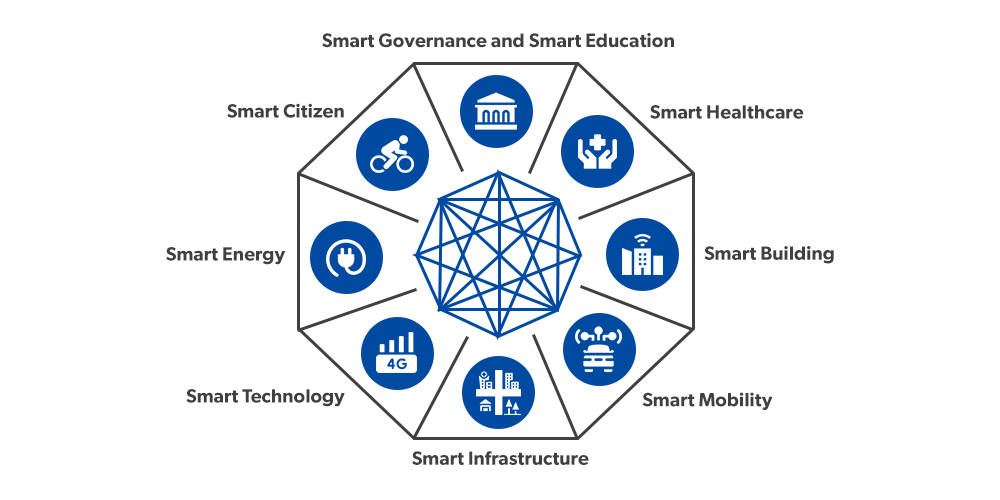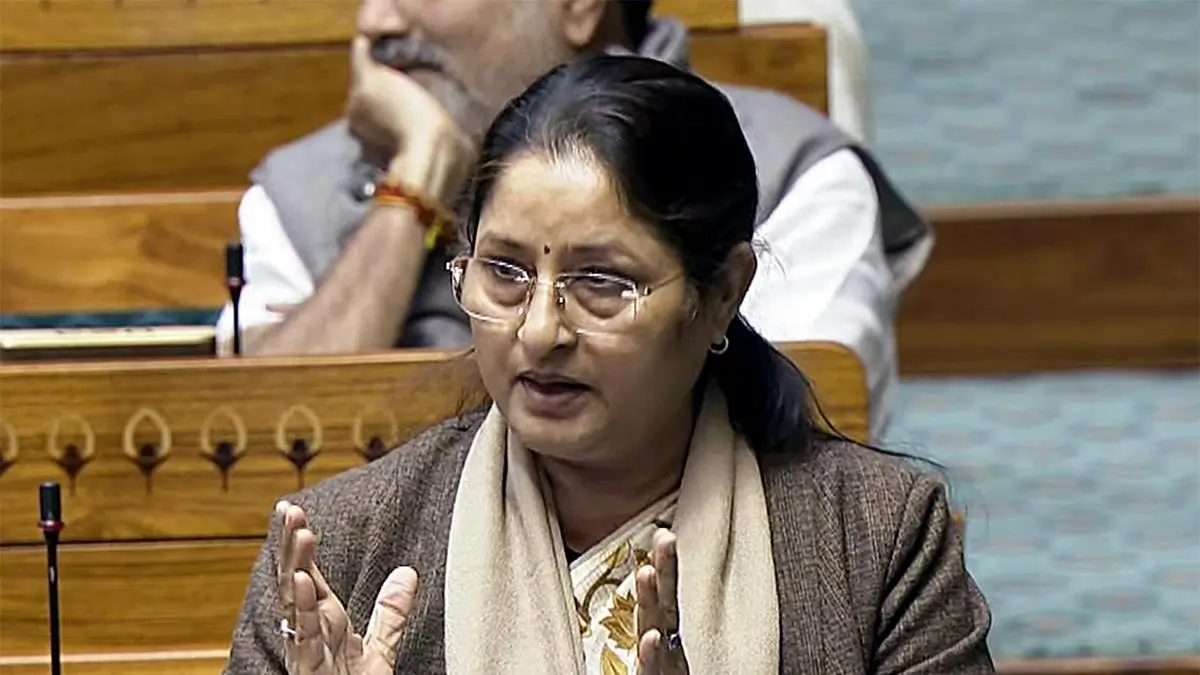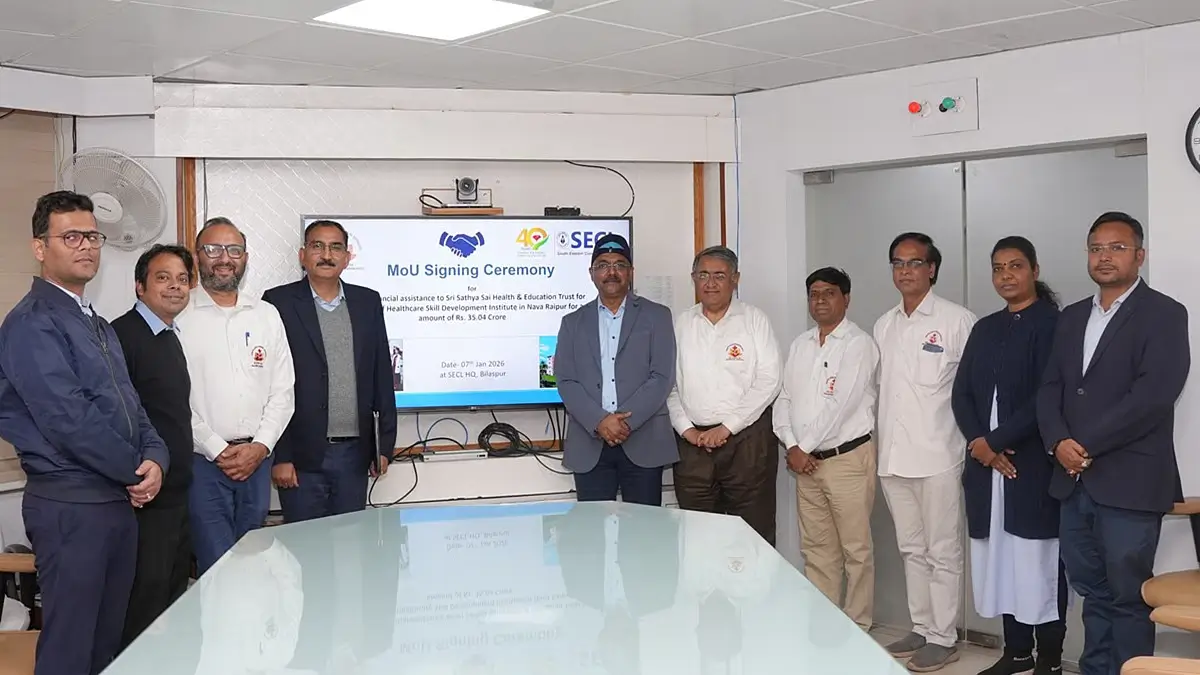Smart Cities Mission in India: launched by the Government
Smart Cities Mission is an initiative launched by the Government of India in 2015, with the aim of developing 100 cities in the country into smart cities. The mission focuses on sustainable and inclusive development, and leverages technology to improve the quality of life of citizens. In this article, we will discuss the objectives, principles, and characteristics of the Smart Cities Mission.

Objectives of Smart Cities Mission
The primary objectives of the Smart Cities Mission are as follows:
- To promote sustainable and inclusive urban development by providing core infrastructure and services to citizens.
- To enhance the quality of life of citizens by providing clean and sustainable environments, efficient urban mobility, and public transportation, among others.
- To promote economic growth by attracting investments and improving business environments.
- To promote innovation and the use of technology to improve governance and service delivery.
Principles of Smart Cities Mission
The Smart Cities Mission is based on the following principles:
- Citizen-centric approach: The mission is designed to meet the needs and aspirations of citizens.
- Inclusiveness: The mission aims to promote social inclusion and provide services to all citizens, including vulnerable and marginalized groups.
- Sustainability: The mission emphasizes the use of sustainable technologies and practices to promote economic, environmental, and social sustainability.
- Collaboration: The mission encourages collaboration among various stakeholders, including citizens, government, and private sector.
Characteristics of Smart Cities
The Smart Cities Mission aims to develop cities that are smart, sustainable, and inclusive. The following are the characteristics of a smart city:
- Efficient urban mobility: Smart cities have efficient and integrated transportation systems, including public transportation, walkways, and cycling lanes.
- Smart energy management: Smart cities use renewable energy sources and smart grids to manage energy consumption.
- Sustainable buildings and infrastructure: Smart cities use green building materials and sustainable infrastructure to reduce energy consumption and carbon emissions.
- Digital connectivity: Smart cities use technology to provide citizens with digital services, such as e-governance, e-health, and e-education.
Why this News is Important
The Smart Cities Mission is an important initiative of the Government of India, as it aims to promote sustainable and inclusive urban development. The mission has the potential to transform cities in India and improve the quality of life of citizens. As such, it is an important topic for students preparing for various government exams, including civil service positions like IAS and PSCS.
Historical Context
India’s urban population has been growing rapidly in recent years, and is expected to reach 600 million by 2030. The growth of cities has brought with it a number of challenges, including inadequate infrastructure, poor living conditions, and environmental degradation. The Smart Cities Mission was launched to address these challenges and promote sustainable and inclusive urban development.
Key Takeaways from “Smart Cities Mission in India – Objectives, Principles, and Characteristics”
| Takeaway Serial Number | Key Takeaway |
|---|---|
| 1 | The Smart Cities Mission is an initiative launched by the Government of India to develop 100 cities in the country into smart cities. |
| 2 | The primary objectives of the Smart Cities Mission are to promote sustainable and inclusive urban development, enhance the quality of life of citizens, promote economic growth, and promote innovation and the use of technology. |
| 3 | The Smart Cities Mission is based on the principles of citizen-centric approach, inclusiveness, sustainability, and collaboration. |
| 4 | The characteristics of a smart city include efficient urban mobility, smart energy |
Important FAQs for Students from this News
Q1. What is the Smart Cities Mission in India?
A1. The Smart Cities Mission is a government initiative to develop 100 smart cities across India with the aim of providing a better quality of life to citizens through the use of technology and improved infrastructure.
Q2. What are the objectives of the Smart Cities Mission?
A2. The objectives of the Smart Cities Mission are to provide basic infrastructure and services, sustainable environment, and smart solutions to the citizens.
Q3. What are the principles of the Smart Cities Mission?
A3. The principles of the Smart Cities Mission are citizen-centricity, sustainability, inclusivity, and innovation.
Q4. How is a city selected for the Smart Cities Mission?
A4. Cities are selected through a competition called the Smart City Challenge, where cities have to compete based on a set of criteria, including their past track record, proposed plan, and citizen participation.
Q5. How is the Smart Cities Mission funded?
A5. The Smart Cities Mission is funded through a mix of sources, including central and state government funds, private sector investments, and public-private partnerships.
Some Important Current Affairs Links

















